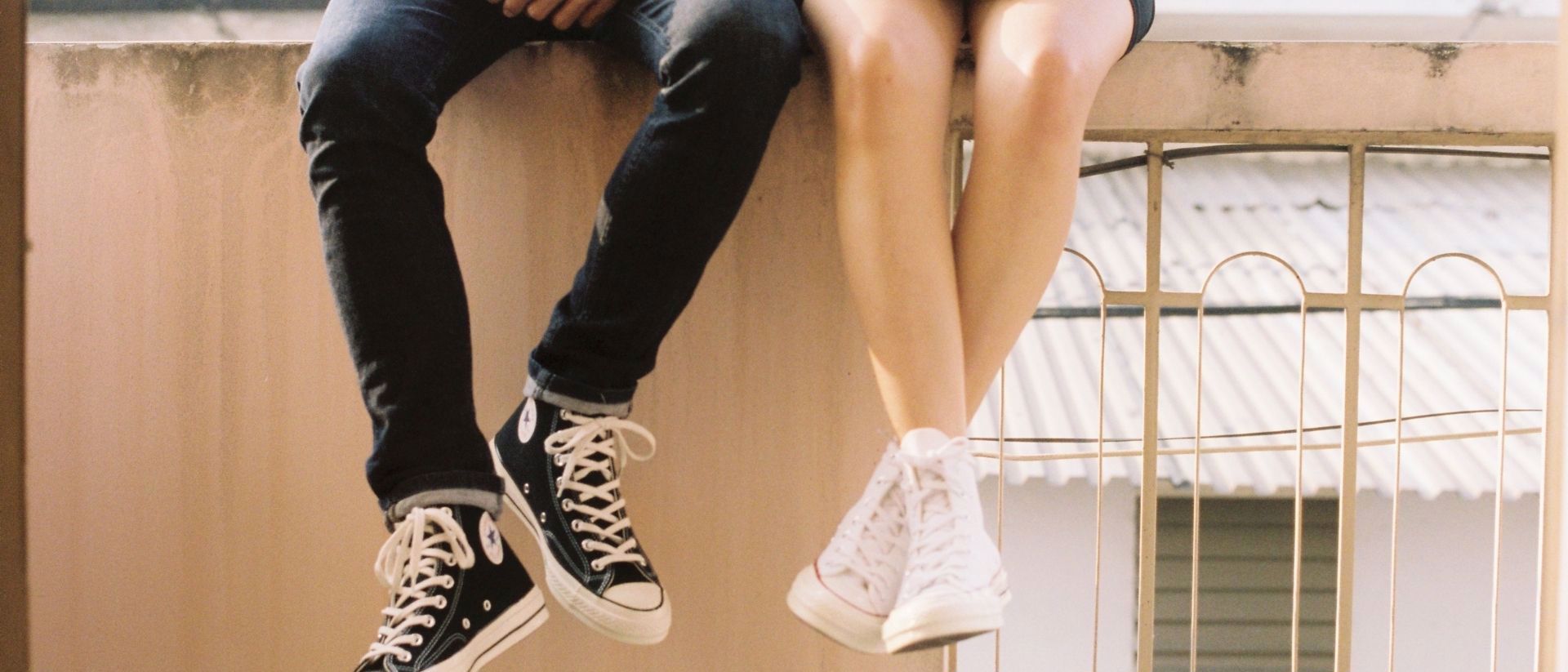According WorldFootWear, Aloft, a Portuguese company specialising in the design, development, and production of technical footwear, is investing in innovative solutions such as micronized rubber to attract new customers.
“As part of the BioShoes4all project, Aloft has studied and developed a range of solutions focused on sustainability, an area with clear growth potential and an essential need in terms of legislative evolution and market demand”, recalls Pedro Castro. According to Aloft’s strongman, “in the rubber sector, the incorporation of micronized rubber from waste generated intrinsically in the production process of rubber (SBR or NBR) and/or polyurethane (PU) soles/components for footwear has been a company’s objective due to the need to develop a solution to eliminate the environmental impact of these materials”.
In practical terms, “a series of samples have been produced to extend the commercialisation beyond the technical sector to the more casual footwear sector. This applicability can be extended to other materials, making it possible to develop a combination of raw materials whose proportions allow the customer’s requirements to be met, including textile waste”.
For Pedro Castro, “the transformation of rubber waste into a secondary raw material through the micronization process facilitates its incorporation into the polymer matrix”. In fact, “the powdered material can be used more easily in the production process without significantly affecting the technical/functional criteria of the conventional material”. This is “a crucial point”, he stresses, because the company "works on a large scale in the technical and performance footwear sector. According to an economic and energy analysis, this process is the most balanced compared to chemical reversion processes”.
In the injection moulding sector, “to create more sustainable products without compromising comfort and performance, Aloft has focused on an inert gas physical expansion process to produce lighter products using fewer material resources”, he highlights. As a result, “a range of mould designs, material types and process conditions have been investigated to better understand the influence and potential in specific projects”.
“Aloft aims to be at the forefront of the sector, exploring not only alternative raw materials but also processes that are more efficient from an operational and energy point of view, reducing or eliminating constraints related to the unsustainability of the final product or process”. Footwear injected with Eva, for example, “combines lightness and comfort with low cost, but it’s a difficult material to recycle, so there’s a need for more sustainable alternatives”.
According to the company’s manager, “If we evaluate the environmental impact of products that incorporate internal production waste into their formulation instead of sending it to landfill or incineration, and/or evaluate the use of lighter products (that use fewer raw materials) compared to traditional products, we find that the negative impact is reduced in both scenarios”.
“The reduction in the amount of carbon dioxide (CO2) needed to produce a pair comes not only from the reduction in the number of raw materials needed for the same production (products with a lower density), but also from the potential for recycling, which consequently leads to a reduction in eutrophication and water acidification. The Life Cycle Assessment supports this project and encourages the creation of new products that follow the same trend of circular economy and/or waste recycling”.
Bioshoes4all Project
For Pedro Castro, Aloft’s participation in “the Bioshoes4all project aims to contribute to our expansion into new markets, particularly in the sports footwear sector. Entering these market segments will allow us to exploit products with greater R&D involvement and greater potential for commercial margins”.
“The diversification of the offer presented in the Bioshoes4all project is an important tool for the internationalisation of the company and the exploration of market segments with higher added value due to their high level of technological integration, innovation, and sustainability”, he concludes.
For more information, please visit the company’s website.
“As part of the BioShoes4all project, Aloft has studied and developed a range of solutions focused on sustainability, an area with clear growth potential and an essential need in terms of legislative evolution and market demand”, recalls Pedro Castro. According to Aloft’s strongman, “in the rubber sector, the incorporation of micronized rubber from waste generated intrinsically in the production process of rubber (SBR or NBR) and/or polyurethane (PU) soles/components for footwear has been a company’s objective due to the need to develop a solution to eliminate the environmental impact of these materials”.
In practical terms, “a series of samples have been produced to extend the commercialisation beyond the technical sector to the more casual footwear sector. This applicability can be extended to other materials, making it possible to develop a combination of raw materials whose proportions allow the customer’s requirements to be met, including textile waste”.
For Pedro Castro, “the transformation of rubber waste into a secondary raw material through the micronization process facilitates its incorporation into the polymer matrix”. In fact, “the powdered material can be used more easily in the production process without significantly affecting the technical/functional criteria of the conventional material”. This is “a crucial point”, he stresses, because the company "works on a large scale in the technical and performance footwear sector. According to an economic and energy analysis, this process is the most balanced compared to chemical reversion processes”.
In the injection moulding sector, “to create more sustainable products without compromising comfort and performance, Aloft has focused on an inert gas physical expansion process to produce lighter products using fewer material resources”, he highlights. As a result, “a range of mould designs, material types and process conditions have been investigated to better understand the influence and potential in specific projects”.
“Aloft aims to be at the forefront of the sector, exploring not only alternative raw materials but also processes that are more efficient from an operational and energy point of view, reducing or eliminating constraints related to the unsustainability of the final product or process”. Footwear injected with Eva, for example, “combines lightness and comfort with low cost, but it’s a difficult material to recycle, so there’s a need for more sustainable alternatives”.
According to the company’s manager, “If we evaluate the environmental impact of products that incorporate internal production waste into their formulation instead of sending it to landfill or incineration, and/or evaluate the use of lighter products (that use fewer raw materials) compared to traditional products, we find that the negative impact is reduced in both scenarios”.
“The reduction in the amount of carbon dioxide (CO2) needed to produce a pair comes not only from the reduction in the number of raw materials needed for the same production (products with a lower density), but also from the potential for recycling, which consequently leads to a reduction in eutrophication and water acidification. The Life Cycle Assessment supports this project and encourages the creation of new products that follow the same trend of circular economy and/or waste recycling”.
Bioshoes4all Project
For Pedro Castro, Aloft’s participation in “the Bioshoes4all project aims to contribute to our expansion into new markets, particularly in the sports footwear sector. Entering these market segments will allow us to exploit products with greater R&D involvement and greater potential for commercial margins”.
“The diversification of the offer presented in the Bioshoes4all project is an important tool for the internationalisation of the company and the exploration of market segments with higher added value due to their high level of technological integration, innovation, and sustainability”, he concludes.
For more information, please visit the company’s website.




